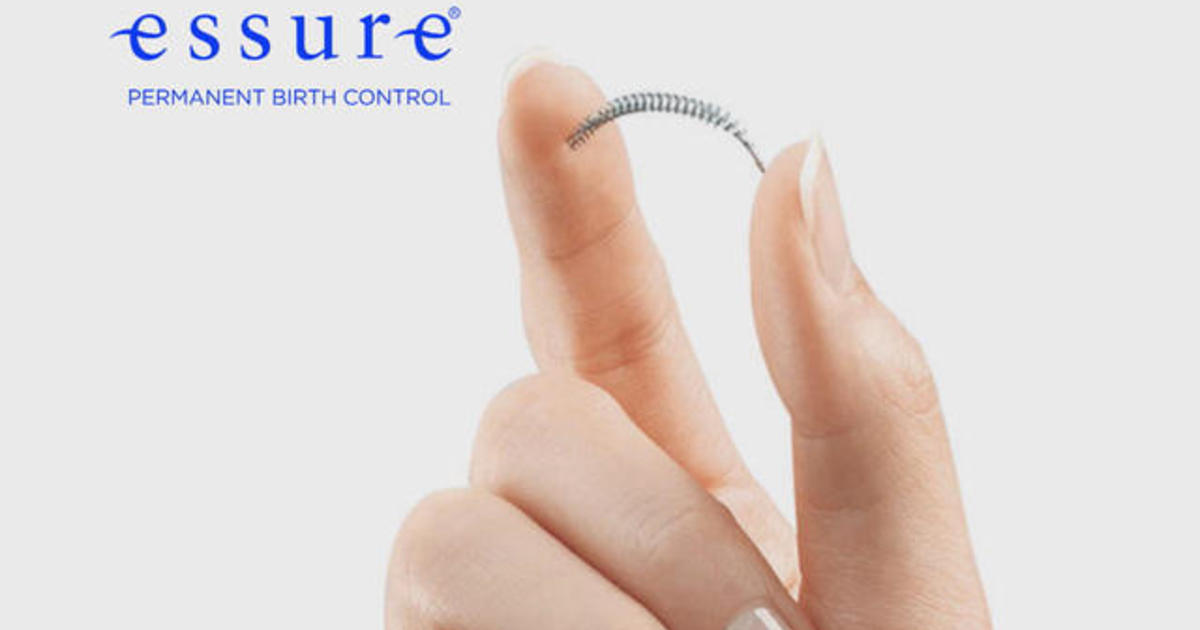Introduction to Essure
Tens of thousands of women claim to have experienced painful and serious side effects from Essure, a medical device. Since its approval in 2002, the device has been the subject of almost 27,000 complaints to the FDA, with women reporting excessive pain, severe allergic reactions, and in some cases, perforated organs.
FDA Approval and Warnings
Essure is approved by the FDA, but the agency has recently restricted the sale of the device to doctors who provide their patients with a checklist outlining the risks. The FDA also gave the device a mandatory black box warning in 2016. Bayer, the manufacturer of the device, admits that there is no way to know who could develop problems.
Personal Experience with Essure
Amanda Rusmisell had a personal experience with Essure that she describes as a "very, very, very dark time" in her life. She had the device implanted 10 years ago, after deciding with her husband that two children were enough. Her doctor recommended Essure as a non-invasive method for permanent birth control, telling her that she could "go back to work the next day" and that it "won’t be a problem at all."
The Procedure and Side Effects
Essure is a medical device that is supposed to prevent pregnancy without surgery. A doctor inserts two small flexible coils into the fallopian tubes of a woman, where they are supposed to build scar tissue and block the tubes. According to Bayer, Essure has been used in over a million women worldwide and is advertised as "surgically free, hormone-free, and worry-free." However, Rusmisell experienced severe pain, heavy periods, and other symptoms that she says were not adequately addressed by her doctor.
Finding Support and Community
Rusmisell found support and community through a Facebook group, where thousands of other women shared similar experiences with Essure. They reported symptoms such as pain, severe bloating, and rashes, with some claiming that the device had perforated their fallopian tubes or uterus.
Bayer’s Response
Bayer’s Vice President of US Medical Affairs, Dr. Edio Zampaglione, stated that the company takes all reports of side effects seriously and that their studies show that the product has "low and acceptable rates" of unwanted events. However, Rusmisell and other women who have experienced problems with Essure are not satisfied with the company’s response and are calling for the device to be removed from the market.
Medical Opinion and Hysterectomy
Dr. Brett Cassidy, an Illinois doctor, initially agreed to implant Essure in patients but changed his opinion after a patient came back with severe symptoms. He eventually performed a hysterectomy on the patient, which removed the Essure devices along with her uterus. The patient’s symptoms disappeared within a week, leading Cassidy to conclude that Essure can cause reactions in some women. Bayer claims that hysterectomy is not the only option for removing Essure, but Cassidy’s experience suggests that the device can have serious and long-lasting effects on some women’s bodies.
FDA Investigation and Future Steps
The FDA has ordered Bayer to conduct a post-market study comparing the side effects of Essure to those of tubal ligation. The final report is due in 2023. Meanwhile, women like Rusmisell continue to advocate for the removal of Essure from the market, citing the serious and debilitating side effects they have experienced. Bayer maintains that Essure is safe and effective, but the growing number of complaints and reports of side effects suggests that the device may not be suitable for all women.

